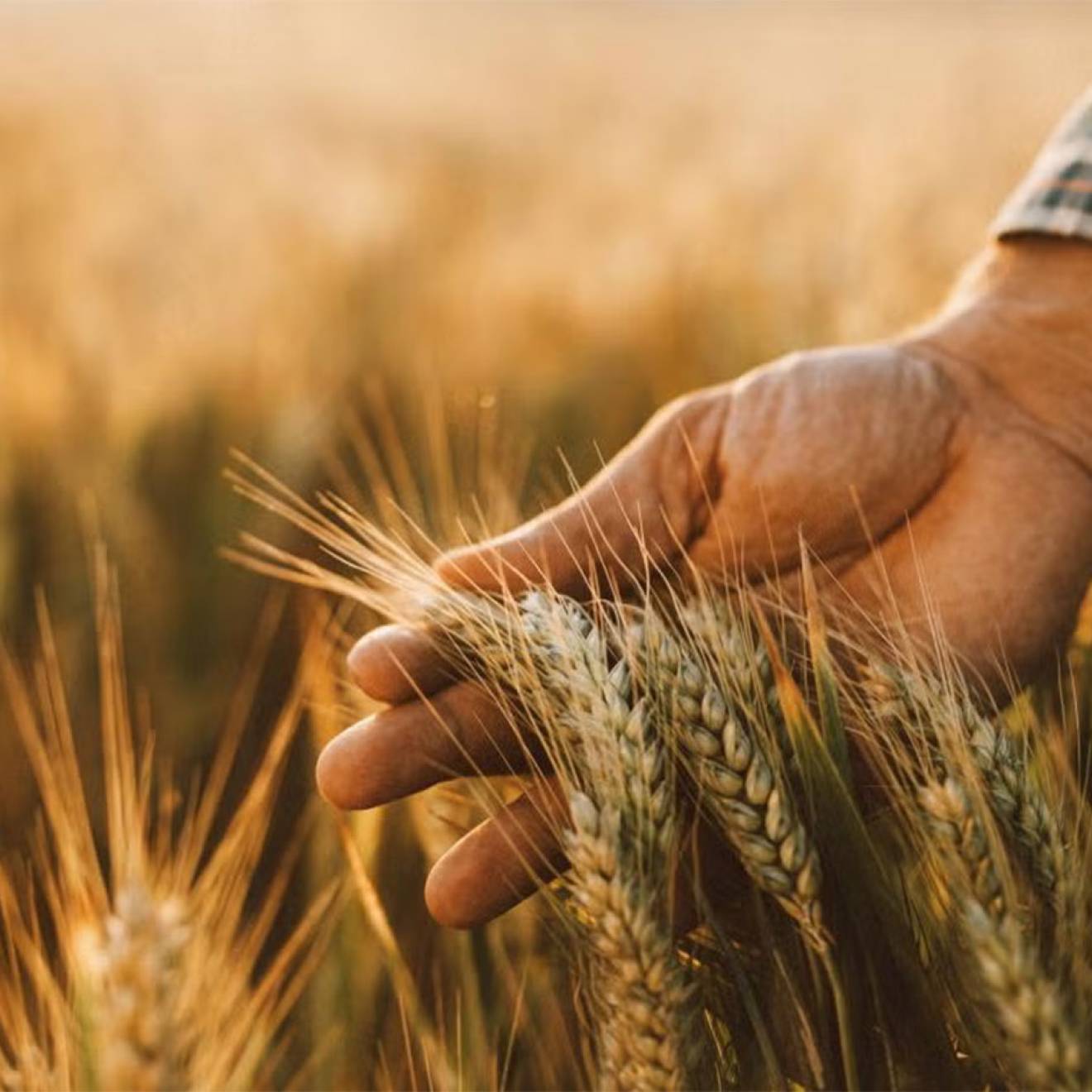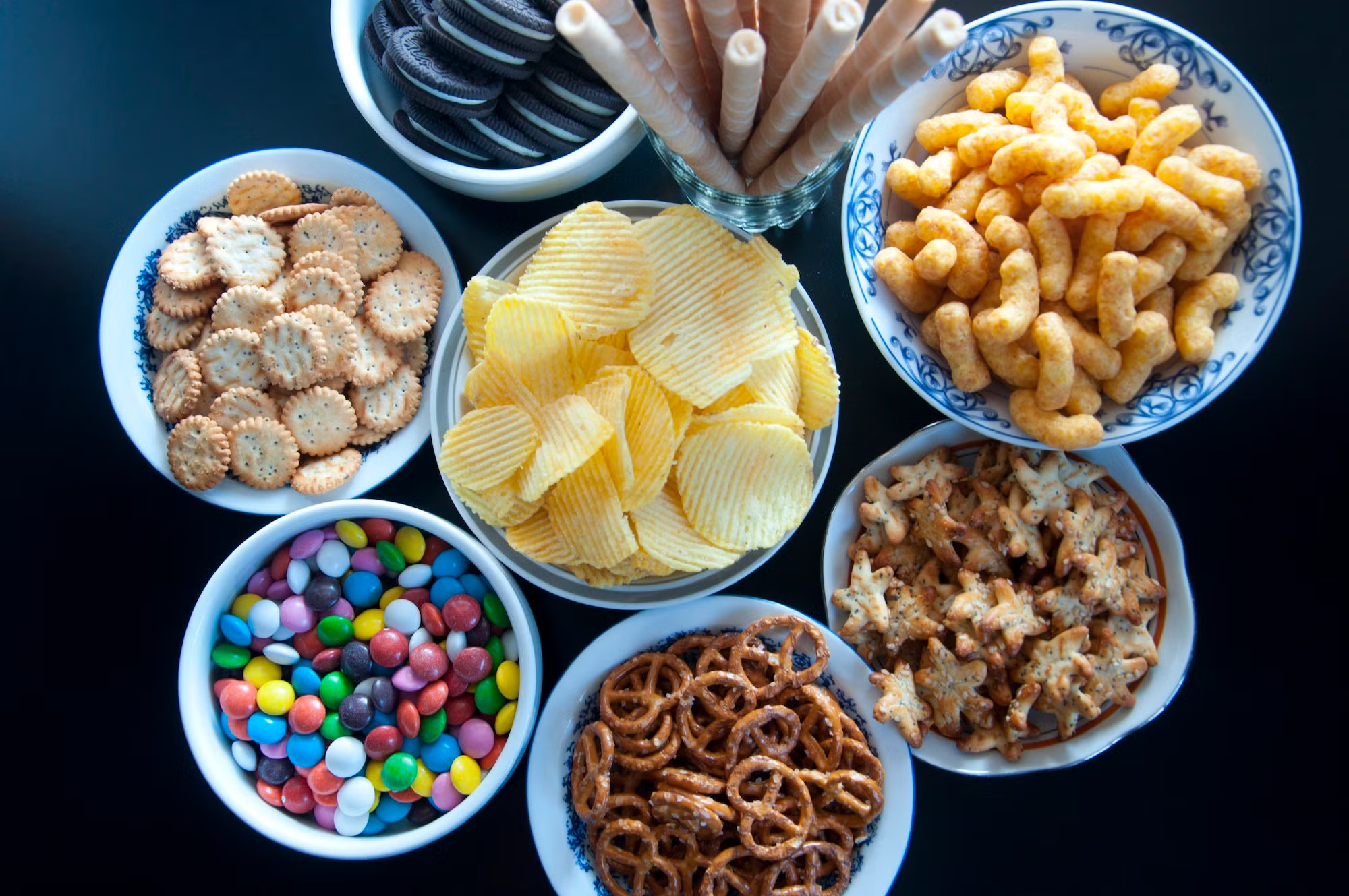Rebecca Kendall, UCLA

A former White House chef, the host of a popular food-focused radio show and a Slow Food Los Angeles leader are gathering at UCLA on Oct. 21, to discuss the 1.3 billion tons of edible food that are discarded globally each year, the impact this has on communities and ways to reduce such waste.
“Save the Food! From Farm to Table” will be held in Hershey Hall, Room 158, starting at 5:30 p.m. The event and reception that follows are being organized in support of national Food Day 2015. Those interested in attending can RSVP here. The evening program is sponsored by the UC Global Food Initiative, the UCLA Healthy Campus Initiative, UCLA’s Science and Food organization and UCLA Division of Life Sciences.
“Food waste is emerging as a focus for food activists and chefs across the country,” said Amy Rowat, an assistant professor in UCLA's Department of Integrative Biology and Physiology, who will moderate a conversation with KCRW radio personality Evan Kleiman, host of Good Food.
Talks will be interspersed with a demonstration by Bill Yosses, former White House executive pastry chef and founder of the Kitchen Garden Laboratory, who will show the audience how to make broccoli stem salad, citrus pound cake and, if time permits, a cacao husk chocolate cake. Chef Ernest Miller, a food historian, educator, master preserver and gardener and co-leader of Slow Food Los Angeles, will demonstrate how to make homemade applesauce.
“The idea is to open people’s minds to the idea of cooking with items they may have never considered using before,” said Rowat, referring to broccoli stems, citrus peel, cacao husks and apple cores. “This food is perfectly good to use, but people tend to throw these items, and others, away because they don’t know they’re still useful and edible.”
Rowat said the subject of food waste is timely in light of the UC Global Food Initiative’s commitment to find ways to healthily and sustainably feed the world population by 2025, UCLA's commitment to zero waste by 2020 and the recent announcement of U.S. Department of Agriculture’s first-ever national food loss and waste goal. It is calling for a 50 percent reduction in food waste by 2030.
“Food waste represents an enormous economic loss and environmental burden locally, nationally and internationally,” said Rowat, noting that the USDA estimates that 30-40 percent of the world’s food supply ends up in the trash rather than on people’s plates. “On an individual level, there are ways that each person can help to reduce their own food waste, from changing our patterns in buying and consuming food to varying the types of food that we cook with. A reduction in food waste could also help to make whole foods less expensive and more accessible.”
At UCLA, strategies to reduce food waste are being taught, discussed and implemented in a variety of ways. Among them:
- As part of UCLA’s “Food Studies and Food Justice” class, students, through the UCLA Center for Community Learning, work with a number of local organizations, including Food Forward, which collects unsold or unused produce and redirects it to people in need in Los Angeles and five neighboring counties. Students also are working with MEND, which has a composting program along with community gardens in the San Fernando Valley, and LA Kitchen, which is pioneering new methods for food waste policy and practice in Los Angeles.
- UCLA Sustainability and UCLA Dining are educating students on food waste through public awareness campaigns and film screenings. They also support food waste research conducted by students and student groups; ensure that all food waste from campus dining halls is composted; promote trayless dining; and serve smaller portions to encourage students to waste less. These campus departments also donate leftover food from large events and school closures to charitable organizations.
- UCLA’s Luskin School of Public Affairs will soon offer a graduate-level food studies certificate program. Enrollment in this multidisciplinary program, which focuses on food security and environmental sustainability, begins in winter quarter 2016.

